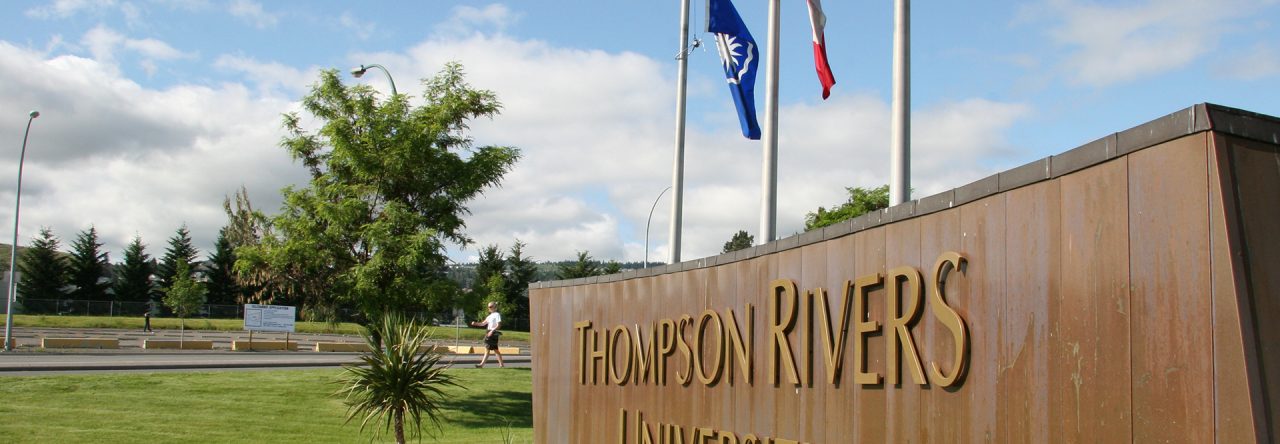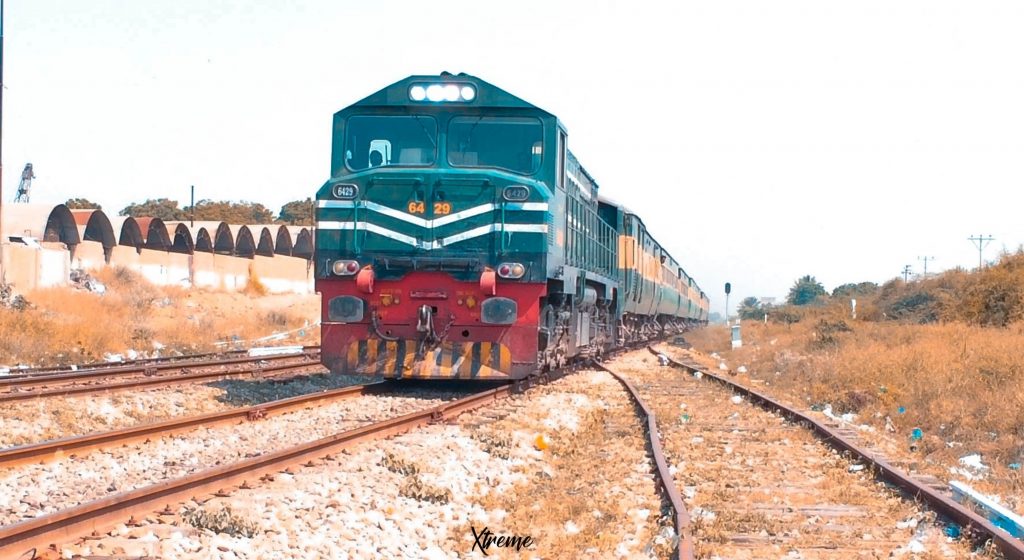What are the dynamics of increasing plurality and heterogeneity in higher education classrooms and online learning spaces? What are the potential repercussions of faculty or institutions making their syllabi public? How are professors adhering to or resisting allegiance to the explicit or implied patronage (whatever form that takes in different geopolitical spaces) in their pedagogical decisions?
These are a few of the questions that arose at the South Asian Literary Association Conference in Seattle, Washington January 7th to 9th, 2020. The conference theme was South Asia in the Academy: Classroom Practices, Professional Citizenship, and Intellectual Agency. On behalf of coauthors, Payel Chattopadhyay Mukherjee and David Parkinson, I presented our paper entitled, “At Home with the Other: intercultural empathy through critical literacies”.
In times of increased wariness of the other and of polarized views and friction between ideologies, what are the politics of the professoriate? My frame of reference is as an administrator, associate director of the teaching and learning centre at a mid-sized university in the interior of British Columbia, Canada. It is my responsibility to “support the development of engaging pedagogies through innovative professional development, personalized consulting and supportive educational leadership” and to “facilitate a teaching culture that improves student learning, successful transitions and learner retention” (Mission: Centre for Excellence in Learning and Teaching retrieved from: https://www.tru.ca/celt.html).
Questions at the conference in formal and informal dialogues considered, “What does precarity mean for the pedagogical choices that professors make?”, and more specifically, “What happens when you teach ‘Pakistan’”? The implication here is what might result of teaching about Pakistani cultural and literary narratives? The view as discussed in informal spaces during the conference was that such a topic could be considered a problem by some students, political groups or national authorities. Yet, I have failed to imagine that such considerations would have reach into the academic spaces I know in the Canadian higher educational context. My ignorance arises from various forms of privilege that are conferred to me and that I have not thoroughly inspected recently. As a result of this failure and naivity, I might consider better appreciating that the institutions where I study and where I work generally uphold the ideals and practices of academic freedom of the professoriate. My foundational studies in the humanities welcomed politics and contentious topics and as coauthors we have sought to intentionally investigate and examine critical issues and to foster students moving from cultural literacies to critical thinking. Critical thinking can serve as an antidote to indifference in social and learning spaces.
At one point, working with this group, we were crafting a research ethics application to investigate the effects of a novel pedagogy linking lectures and undergraduate students across two classes in Canada with one in India. We considered to what extent there are risks inherent to teaching literature, especially in intercultural and transcultural contexts. In particular, we wondered in what might emerge from facilitated and no-facilitated student discussions when the selected texts focused on marginalized and violent experiences and agency of the protagonists? What intercultural learning can evolve when contentious topics were purposely yet carefully surfaced?
Contentious topics that invite debate are the same ones that invite student engagement and the potential expansion of views, namely critical thinking. But, it may be increasingly precarious to do justice to these topics, especially for some members of the professoriate and in some academic spaces. I hope to be able to shift some conversations with colleagues to find out more on how we can maintain and defend academic freedom and freedom of thought in Canadian academic spaces while doing justice to the responsibilities of teaching critical thinking and intercultural empathy, even when the position of the professor, and academic spaces, may becoming more precarious.


Leave a Reply